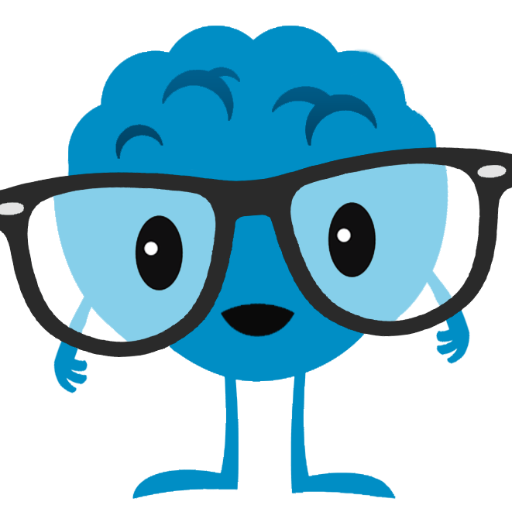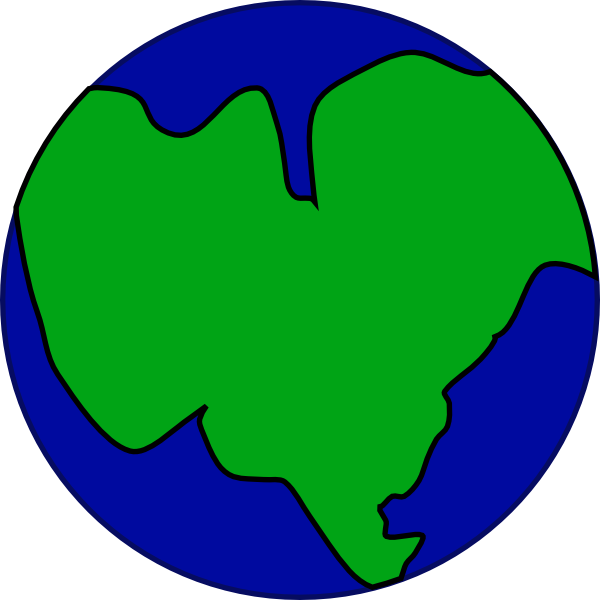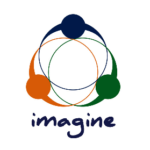About
 WHAT IT IS:
WHAT IT IS:
The Imagine-PanGea is a science popularization competition, focusing on publics in Latin America, Caribbean and Africa, and which has the support of three major science popularization organizations: African Gong (Pan-African Network for the Popularization of Science & Technology, and Science Communication in Africa), RedPop (Latin American and Caribbean Network for the Popularization of Science and Technology) and SBPC (Brazilian Society for the Advancement of Science).
Inspired by successful actions such as Falling Walls Lab (Germany), MT180 (France) and 3MT (Australia), the Imagine Project and its partner institutions have created a video competition for graduate students in order to communicate science beyond borders, cultures and languages, with special emphasis on closer ties between Latin America, Caribbean and Africa. Therefore, the originality of this action lies in its multicultural and multilingual character, in fostering South-South global partnership and the search for rapprochement between a new generation of researchers and vulnerable populations from different developing countries.
 WHY PANGEA:
WHY PANGEA:
The German meteorologist Alfred Wegener, in the early twentieth century, proposed that about 200 million years ago, all the continents we know were united and formed a large landmass called Pangea, meaning “all the earth” (derived from the Greek “Pan” = all, and “gea” = land).
Wegener had as evidence of this theory the outline of the coasts of America and Africa that have a format which suggests they had been previously joined together a long time ago.
We believe that this name, Pangea, exemplifies the innovative vision of the project, to unify people of different cultures and languages through science, and to engender socio-cultural inclusion and diversity, starting with Latin America, Caribbean and Africa.
 THE AFRICAN DIASPORA:
THE AFRICAN DIASPORA:
A term created by historians, sociologists and social movements to explain the historical process of forced migration of Africans of various ethnicities during the mercantilist/slavery period of history, which lasted for about 350 years. More than 10 million human beings, prisoners of war, victims of kidnapping and armed raids by European merchants, were forcibly taken from African shores and sold in various parts of the world, but mainly to the Americas.
In the Diaspora, Africans have reinvented Africa in every place they lived. While the slavers simply viewed them as a source of cheap labor, in the holds of the slave ships, dreams, feelings, language, spirituality, music, eating habits and so many other cultural elements that would constitute the Americas we know today, were also transported by the enslaved Africans. Therefore, the African Diaspora was a source of pain and suffering that still echo through racism and social inequality, but it also represents the resistance of the African people and the strength of their millennial culture. Africa has broken borders by sowing the culture of its various ethnicities around the planet, resignifying its traditions, and transforming the world.
For 200 million years, Africa and America were separated by the Atlantic Ocean. The coming of Cabindas of Congo, Benguelas of Angola, Macuas and Angicos of Mozambique, Mines of the coast of Guiné, Yorubás of the Oyo kingdom in Nigeria, among other peoples, to Latin America, represents the meeting of these continents through the human being. We hope that with the passing of history, racism will be destroyed, ethnic and cultural barriers will be broken so that together we can celebrate the diversity of colors and cultures of humanity.
 THE IMAGINE PROJECT:
THE IMAGINE PROJECT:
The Imagine Project, created in 2013, is challenging academic, geographical, cultural and linguistic boundaries, to take scientific activities to rural and indigenous communities in different countries. In order to democratize knowledge and awaken the interest in science, in people who have little or no access to the scientific world, the Imagine Project is scaling-up its ambitions even further. In partnership with three internationally renowned institutions, it has created under the auspices of Imagine-Pangea, the first truly multilingual and multicultural science communication competition, which focuses on the publics in Africa, Caribbean and Latin America. The Imagine-Pangea concept asserts that science exists to overcome socio-economic barriers and challenges, and thus, its communication should be by all and for all.











